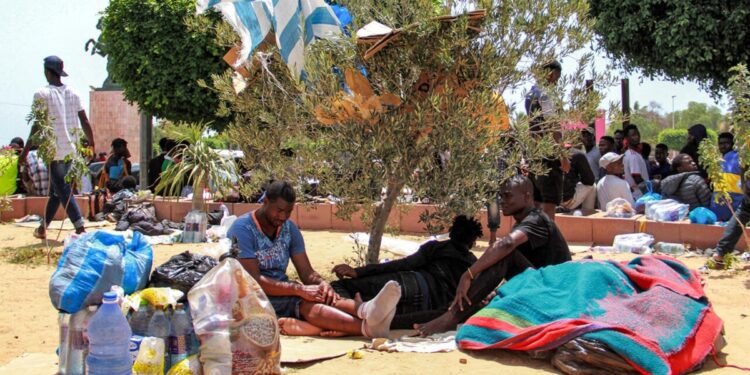During the 76th session of the UNHCR Executive Committee in Geneva, Tunisia reaffirmed its categorical refusal of any “disguised settlement” of irregular migrants on its territory. She denounced the political exploitation of their distress and called for real international solidarity for voluntary return and resettlement in countries able to welcome them.
A clear message to the international community
In a statement made public by the Tunisian mission in Geneva, Tunisia condemned any “irresponsible political or media” exploitation of the migration drama.
She called on donor countries to redouble their efforts to facilitate the voluntary return of refugees and to accelerate resettlement in developed countries, whose economic and social capacities allow a dignified and lasting reception.
Tunisia reaffirmed its attachment to the universal principles of refugee protection and international conventions relating to human rights. It is committed to offering temporary reception as part of a comprehensive approach to asylum, aimed at addressing the root causes of the migration phenomenon.
The text also calls for defusing crises and conflicts in the world, recalling Tunisia’s involvement in the Peace and Security Council of the African Union (2022-2024) and the UN Security Council (2020-2021).
Sharing of responsibilities
The press release emphasizes the need for equitable sharing of burdens between States in order to alleviate pressure on host countries, most of which are themselves facing major economic and social challenges.
Tunisia calls for the establishment of clear financial and logistical support mechanisms to preserve the dignity of refugees and improve their living conditions.
On the sidelines of this declaration, Tunisia reiterated its constant position in favor of an immediate ceasefire in the occupied Palestinian territories, the delivery of humanitarian aid and the lifting of the blockade imposed on the Palestinian people.
She urged the international community to intervene quickly to put an end to the genocide, believing that the legal and moral responsibility of States can no longer be evaded.








